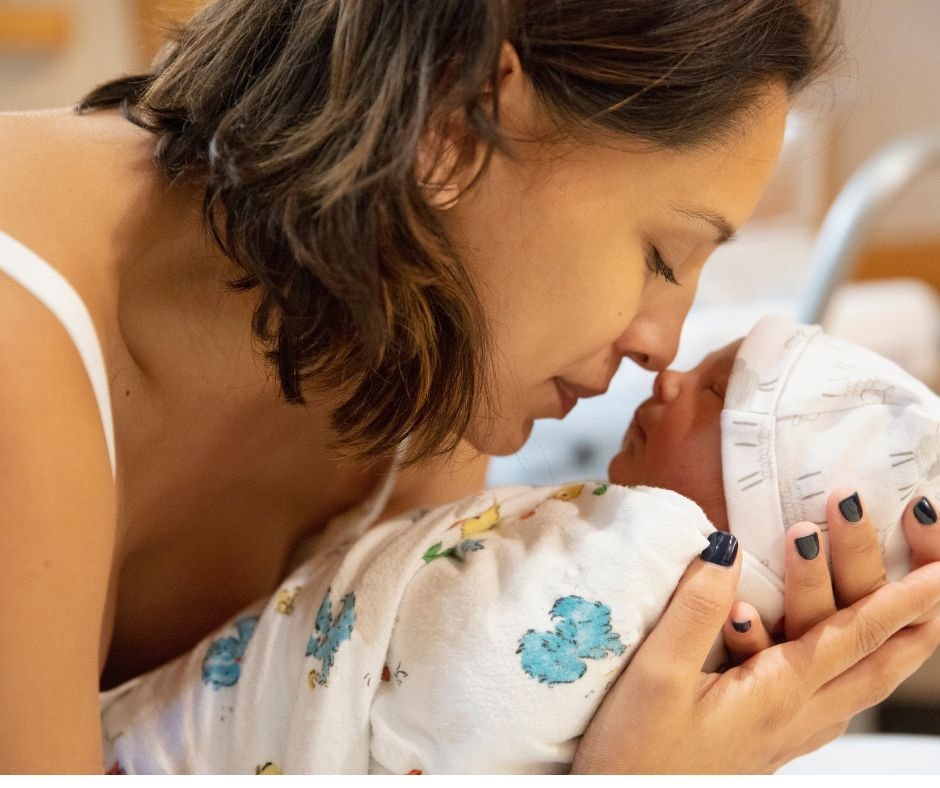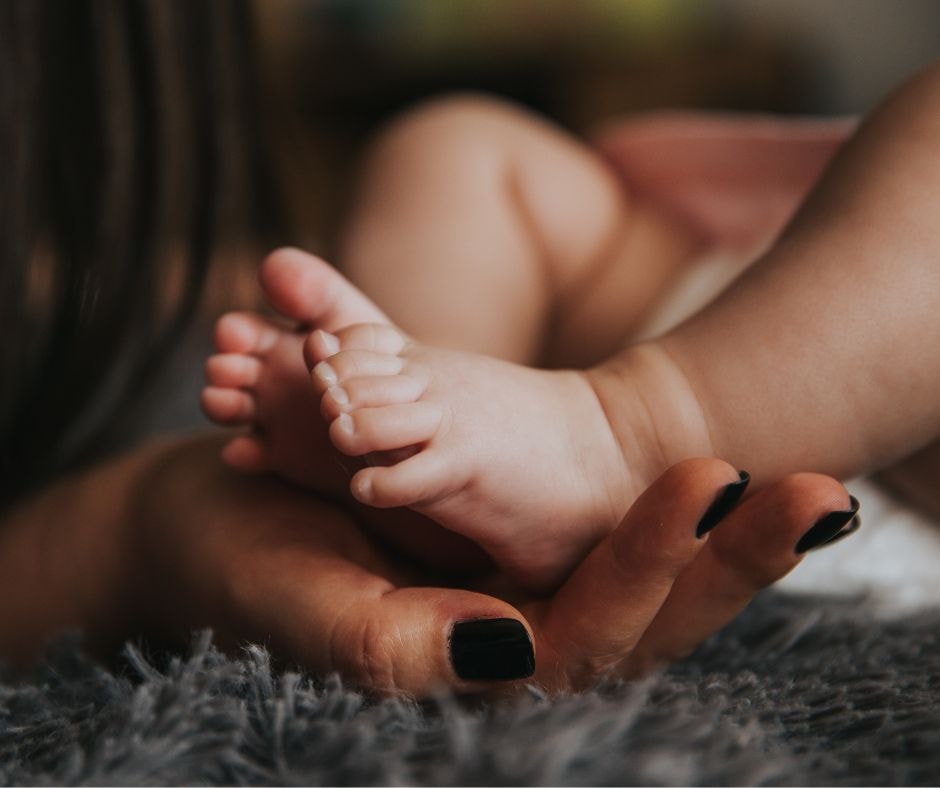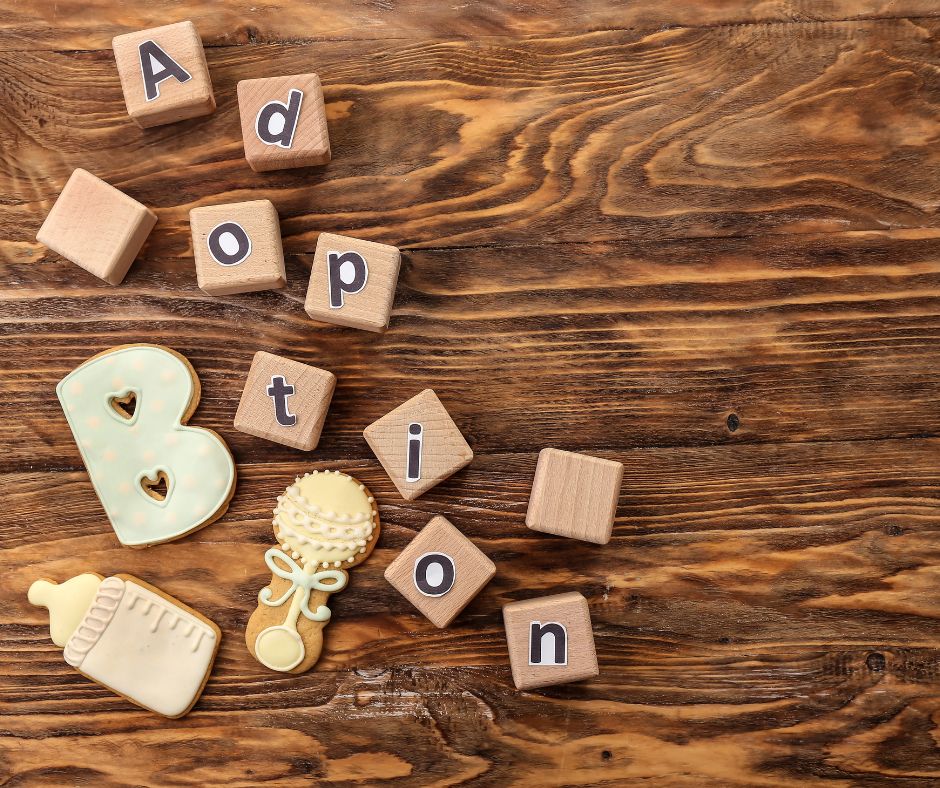Placing a Baby Up for Adoption: A Guide for Birth Mothers
The adoption process, including the adoption decision, can be an overwhelming and emotional one for the birth parents. For birth parents, even if they’re certain that their decision to place their baby for adoption was the right one, they’re still likely to experience intense feelings of grief, and or denial after placement. We believe in focusing on your feelings from the moment you decide to place them and after you have placed them by talking about all the different emotions you are experiencing.

Understanding Birth Mother Grief
Birth mother grief is a unique and complex experience that can be difficult to understand and navigate. It is essential to recognize that birth mothers may experience a range of emotions, including sadness, guilt, shame, and anxiety, after placing a child for adoption. This grief can be triggered by various events, such as the child’s birthday, holidays, and milestones, and can be exacerbated by the lack of support and understanding from family, friends, and society.
Birth mothers may also experience a sense of loss and identity crisis, as they struggle to come to terms with their new role and the decision they make. It is crucial to acknowledge that birth mother grief is a legitimate and ongoing experience that requires compassion, empathy, and support.
Don’t Be Afraid to Feel: The Role of Support Groups
Being angry, sad, or regretful after adoption is completely normal, and ignoring them will do you more harm than good. For the first few days or weeks after the adoption is complete, take some time to let yourself process your feelings. It is important to take some time for yourself. Don’t be surprised if those feelings resurface every once in a while, especially during major events like the child’s birthday or holidays. The turmoil of emotions will get easier as time passes and your confidence in your decision takes root and grows. Acknowledging and working through these emotions is a crucial part of the healing process.

Have an Adoption Plan
Don’t let yourself wallow for too long, though. Let yourself feel the emotions, and then move on with your life. One of the best ways to do that is to have a post-adoption plan. An adoption agency can play a crucial role in facilitating these relationships and providing support. Staying busy will help take your mind off your emotions, so write down a list of goals that you want to accomplish when the adoption is complete and begin actively working toward them. Maybe it’s volunteering or pursuing a new career or going back to school. Try to find something to fill your schedule that will challenge you with obtainable goals and give you something fulfilling to look forward to each day. We can help you create that list by finding life coaches, seeking out scholarships, and resume building.
Navigating Post-Placement Relationships
Navigating post-placement relationships can be challenging for birth mothers, adoptive parents, and the child. Open adoption arrangements can provide opportunities for ongoing communication and connection, but they also require careful consideration and boundaries.
Birth mothers may need to navigate their relationship with the adoptive parents, who may have different expectations and boundaries. They may also need to consider their relationship with the child, who may have questions and feelings about their adoption.
Adoptive parents can play a crucial role in supporting the birth mother and the child by maintaining open and honest communication, respecting boundaries, and prioritizing the child’s needs. By working together, birth mothers and adoptive parents can create a positive and supportive environment for the child to thrive.

Birth Parents’ Rights and Advocacy
Birth parents have the right to make informed decisions about their child’s adoption, including the type of adoption, the adoptive family, and the level of openness. However, birth parents often lack access to resources, support, and advocacy, which can lead to feelings of powerlessness and exploitation.
Advocacy organizations and support groups can provide birth parents with the information, resources, and support they need to make informed decisions and navigate the adoption process. By advocating for birth parents’ rights, we can promote a more equitable and just adoption system that prioritizes the needs and well-being of all parties involved.

Talk to Others About Your Story
One of the most important parts of a birthmother’s adoption care is realizing that you are not alone. Sharing your story can help you process your feelings and understand the impact of adoption on your own life. Share your feelings with your friends, family, or other people you trust. If you don’t want to talk to them, consider talking with a counselor or speaking with one of our Birth Mom Mentors. We can also connect you with a local support group for birthmothers. Being able to talk about shared experiences will help you heal.
In addition to joining a support group or seeing a counselor, you might consider starting a blog or a journal documenting your experiences with adoption and dealing with post-adoption emotions. You’ll become part of a wider adoption network and help others who are struggling with the same things as you.

If you have any questions text, call, or email with no pressure and 100% confidential.
Finding Support and Resources
Finding support and resources is essential for birth mothers, adoptive parents, and the child. Support groups, counseling, and advocacy organizations can provide a safe and supportive environment for individuals to share their experiences, receive guidance, and connect with others who have gone through similar experiences.
Online resources, such as blogs, forums, and social media groups, can also provide valuable information, support, and connection. By seeking out support and resources, individuals can navigate the adoption process with greater confidence, resilience, and hope.
Moving Forward and Healing
Moving forward and healing is a lifelong process for birth mothers, adoptive parents, and the child. It requires patience, self-reflection, and a willingness to confront difficult emotions and experiences.
Birth mothers may need to work through their grief, guilt, and shame, and find ways to honor their experience and their child. Adoptive parents may need to navigate their own emotions and expectations and prioritize the child’s needs and well-being.
By acknowledging the complexities and challenges of adoption, we can promote a culture of healing, empathy, and understanding. By supporting one another and seeking out resources and support, we can create a more compassionate and inclusive adoption community that prioritizes the needs and well-being of all parties involved.






